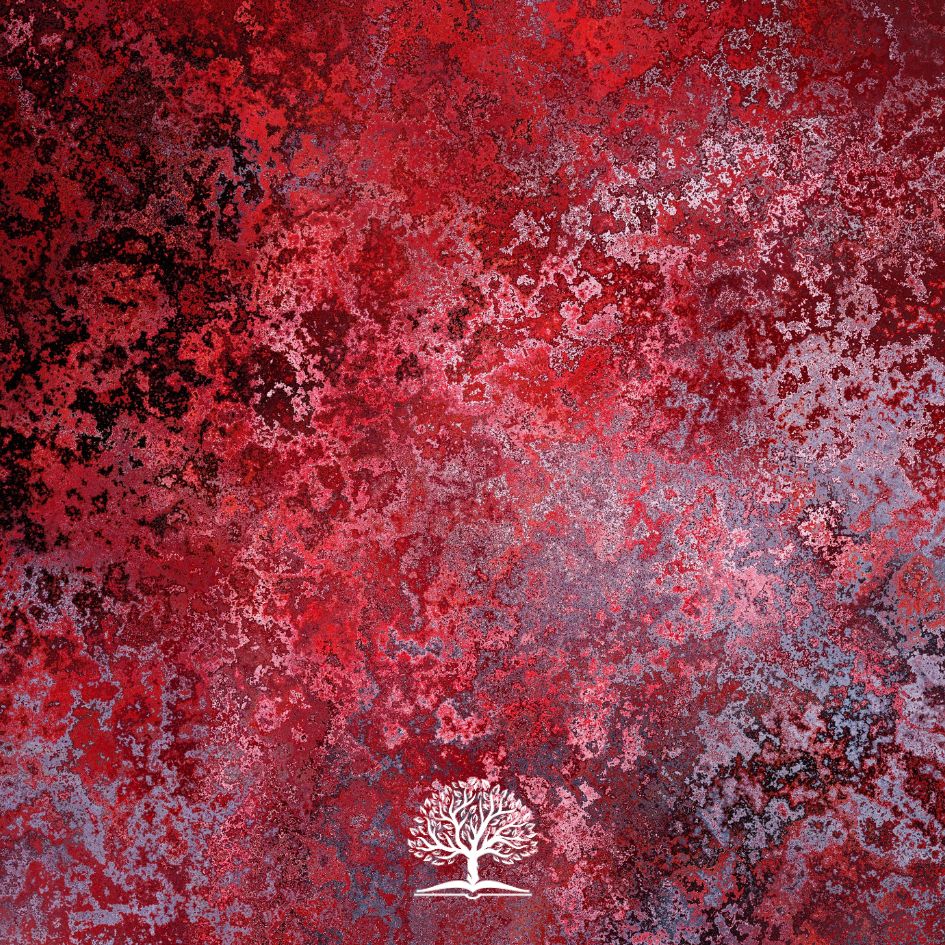
“And to Jesus the mediator of the new covenant, and to the blood of sprinkling, that speaketh better things than that of Abel.”
—Hebrews 12:24
Christ’s blood in its cry has attributed to it here a further advantage over Abel’s blood. For Abel’s cried only from earth, from the ground, where it lay shed, and it cried only for an answerable earthly punishment on Cain, as he was a man on the earth. But Christ’s blood is carried up to heaven, for as the high priest carried the blood of the sacrifices into the Holy of Holies, so Christ has virtually carried His blood into heaven (Heb. 9:12). This is intimated here in Hebrews 12 also, as the coherence shows. For all the other particulars (of which this is one) to which he says the saints are come are in heaven. “You are come,” says he, “to the city of the living God, the heavenly Jerusalem, and to an innumerable company of angels, to the church of the first-born who are written in heaven, and to God the judge of all, and to the spirits of just men made perfect” (Heb. 12:22–23). All these things are in heaven; He names nothing that is not there. He then adds, “and to the blood of sprinkling, which speaks…,” as a thing that speaks in heaven and is sprinkled from heaven, yea, a thing with which all heaven is sprinkled, as the mercy seat in the Holy of Holies was, because sinners are to come there. This blood therefore cries from heaven; it is next to God, who sits as Judge there, and it cries in His very ears, whereas the cry of blood from the ground is further off. So though the cry of blood from the ground may come up to heaven, yet the blood itself does not come there, as Christ already is there. Abel’s blood cried for vengeance to come down from heaven, but Christ’s blood cries us up into heaven….
In the second place, add to this Christ’s intercession, which was the second thing propounded—that Christ by His prayers seconds this cry of His blood. So not only does the blood of Christ cry, but Christ Himself, being alive, joins with it. How forcible and prevalent must all this be! The blood of a slain man cries, though the man remains dead, even as it is said of Abel (though to another purpose) that “being dead he yet speaketh” (Heb. 11:4). But Christ lives and appears. He follows the suit and pursues the hue and cry of His blood Himself. His being alive puts a life into His death. It is not in this case as it was in the first Adam’s sin and disobedience. Adam, although he himself had been annihilated when he died, set the stock of human nature to the propagation of children. But his sin would have defiled and condemned them to the end of the world, and the force of it to condemn was neither furthered nor lessened by his subsisting and being, or by his not being; it received no assistance from his personal life one way or other. The reason is that his sin condemns us in a natural and necessary way. But the death of Christ and His shed blood save us in a way of grace and favor unto Christ Himself and for His sake. Thus, Christ, who shed this blood, being alive, adds an infinite acceptation to it with God, and moves Him the more to hear the cry of it and to regard it.
*From Christ Set Forth; Works 4:77–78.
Excerpt from
A Habitual Sight of Him
by Joel R. Beeke and Mark Jones








